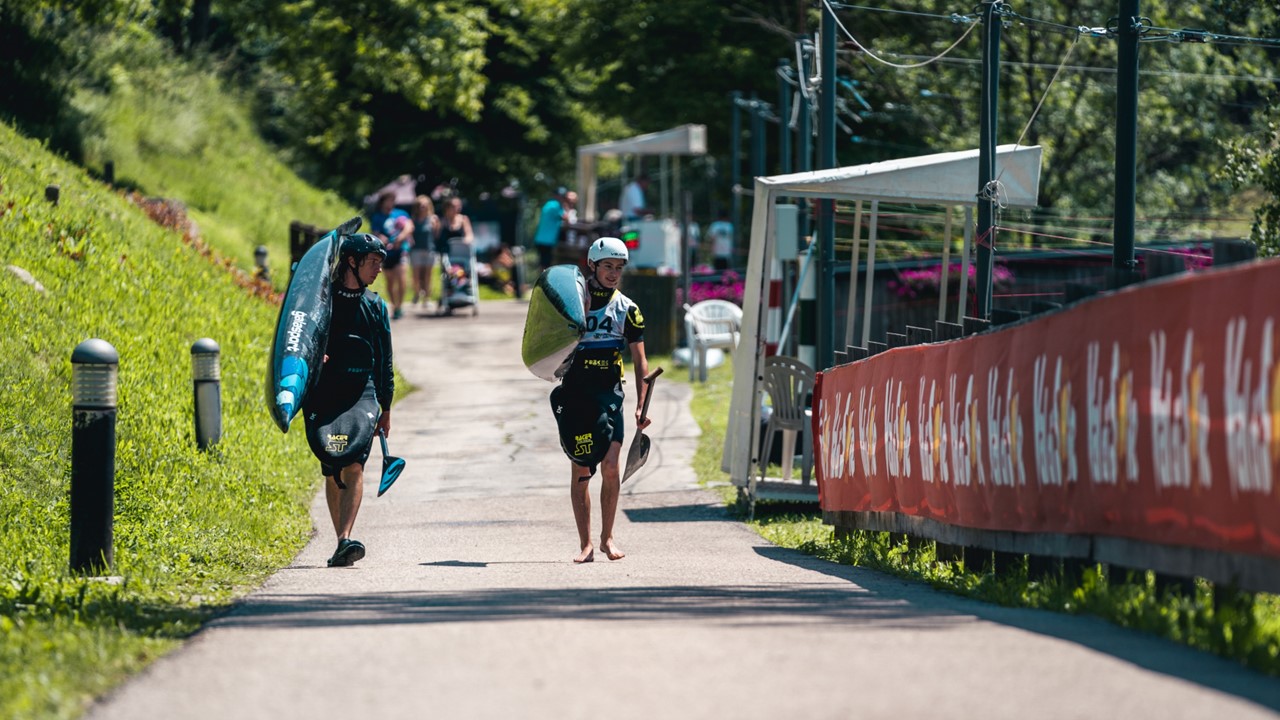The first results related to environmental assessment of canoe and kayak events are available after one year of the DECK project. The environmental footprint of four different kayak events, one for each DECK NFs, has been evaluated using Life cycle assessment (LCA) method, concluding the first tasks of the project.
Life cycle assessment (LCA) is a methodology used to assess the overall environmental burden associated to the whole life cycle of a product or service. It is generally considered the most reliable tool to assess properly the sustainability of a product.
LCA, based on International Standards (ISO 14040:2006, ISO 14044:2006), can help in comparing different alternatives in the product life cycle (i.e., packaging solutions, logistics, energy sources, raw materials and supply chain processing, use phase and or end of life), identifying environmental "hotspots" (where “it matters most”), allowing the selection of effective actions aimed at lowering the environmental footprint of a product. In particular ISO 14040 defines LCA as the “compilation and evaluation of the inputs, outputs and the potential environmental impacts of a product system throughout its life cycle”.
LCA is moreover an iterative process, which consists of 4 main phases:
- goal and scope definition;
- inventory analysis (Life Cycle Inventory - LCI);
- impact assessment (Life Cycle Impact Assessment - LCIA);
- interpretation of the results.
For each of the four events where the environmental footprint was assessed, a comprehensive report has been created.
These reports are available on DECK website to all interested parties, providing detailed insights and recommendations on how to reduce the environmental impact of future events. By sharing these findings, the DECK project aims at fostering greater awareness and encouraging more sustainable practices in the canoe and kayak community.


